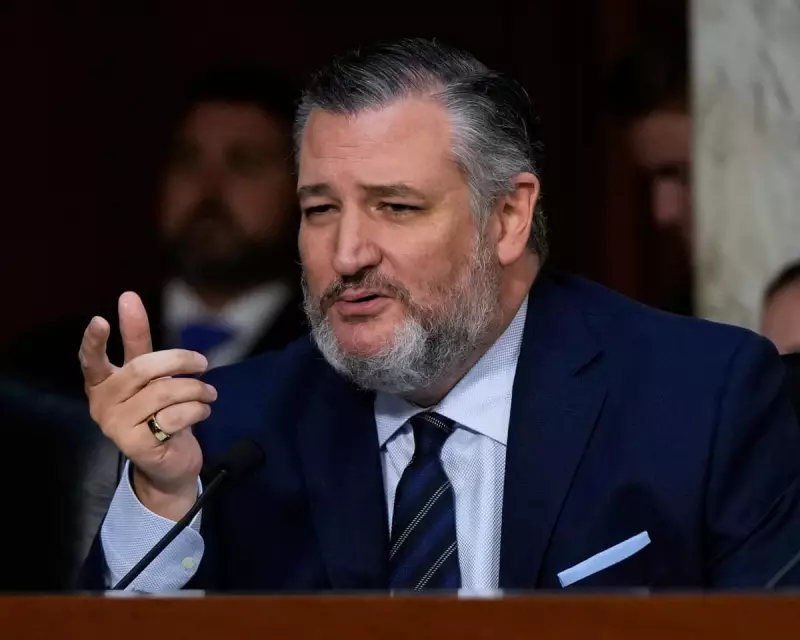
In a dramatic escalation of a long-running feud, powerful US Senator Ted Cruz has launched an official offensive against broadcaster ABC, urging federal regulators to investigate its late-night host Jimmy Kimmel.
The firebrand Republican has formally requested that the Federal Communications Commission (FCC) launch a probe into the network after Kimmel, on his show Jimmy Kimmel Live!, compared the senator's tactics to those of the 'mafia'. The contentious segment has ignited a fierce constitutional debate, pitting political satire against accusations of broadcast misconduct.
The Comment That Sparked a Federal Complaint
The controversy stems from a monologue delivered by Kimmel earlier this week. Discussing Cruz's fervent opposition to a potential Biden administration policy, the comedian quipped that the senator's aggressive lobbying efforts mirrored the strong-arm tactics of organised crime.
"It’s like something out of a mob movie," Kimmel reportedly said. "He’s not trying to win an argument; he’s trying to make an offer you can’t refuse."
This seemingly standard piece of late-night ribbing was not taken lightly by Cruz, who interpreted the remark as a malicious personal attack far beyond the bounds of acceptable satire.
Cruz's Gambit: Invoking the FCC's Power
In his formal letter to the FCC, Senator Cruz contends that Kimmel's comment breaches the fundamental principles of the FCC's broadcast licence requirements. He argues the 'mafia' comparison is defamatory and could be seen as inciting hostility, potentially violating rules against broadcast harassment.
The move is a rare invocation of federal regulatory power against a specific piece of comedic content. Legal experts are divided, with many seeing it as a significant test case for the boundaries of free speech and political commentary on publicly aired television.
A Chilling Effect on Satire or a Necessary Reckoning?
Free speech advocates have reacted with alarm, warning that Cruz's complaint could have a chilling effect on political satire and comedy. They argue that subjecting jokes to the scrutiny of a federal agency sets a dangerous precedent for censorship.
Conversely, supporters of the senator applaud the move, framing it as a stand against the pervasive culture of what they see as partisan media bias and the normalisation of harmful rhetoric disguised as comedy. They question whether broadcast networks should be held to a higher standard of accountability.
As of now, the FCC has not publicly indicated whether it will act on Senator Cruz's request. ABC has declined to comment, while Kimmel is expected to address the matter head-on in his next broadcast, ensuring this political and cultural firestorm is far from over.





